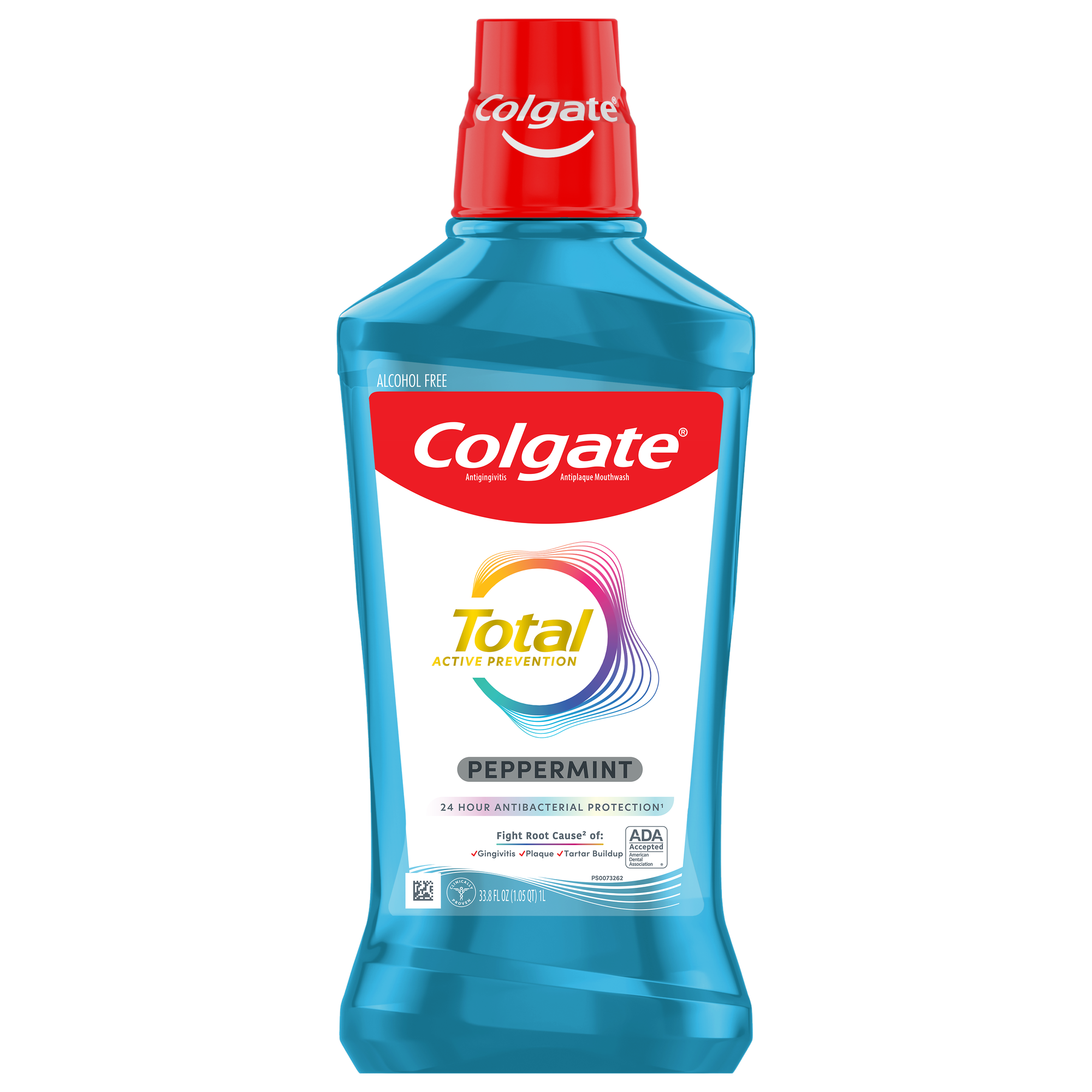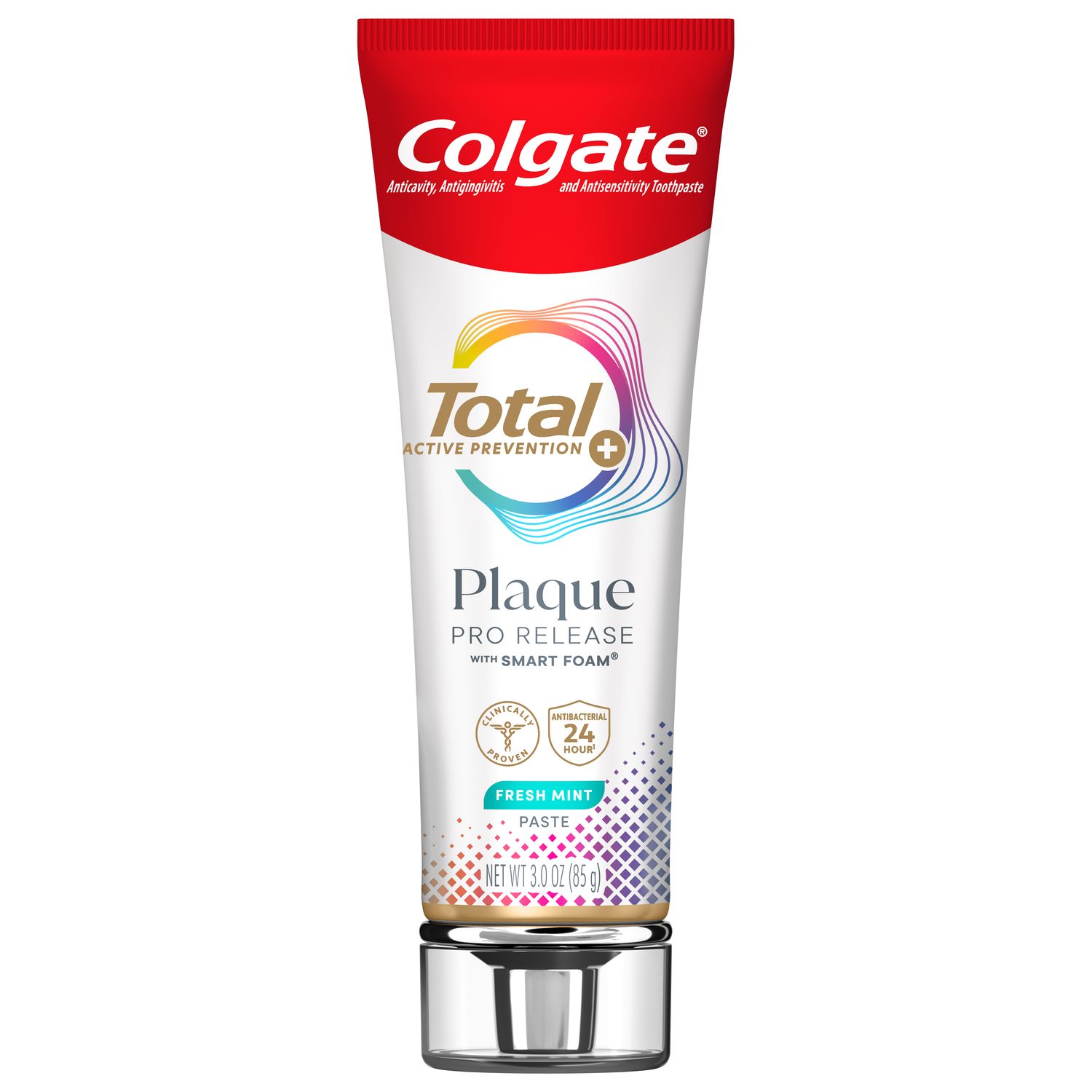
According to the American Association of Dental Consultants (AACD), a dental benefits consultant can provide information and insight for your practice into situations involving dental insurance, claims policies, network management, standards of care, and utilization.
What is a dental consultant? There are several types of dental consultants, including dental benefits consultants. According to the American Association of Dental Consultants (AACD), a dental benefits consultant can provide information and insight for your practice into situations involving dental insurance, claims policies, network management, standards of care, and utilization. Other types of consultants may provide assistance in areas such as, for example, setting up specific programs around patient care, human resources, business optimization or infection control/OSHA.
How Can a Consultant Benefit Your Practice?
Sometimes it can be useful to have a trusted outsider's opinion and input on your practice's business. Another set of eyes may see things that otherwise go unnoticed. A dental consultant may pick up on everyday aspects as seemingly benign as the type of language that you use during patient interactions. For example, Sandy Pardue, writing for Dentaltown, says using the word "cancellation" can actually "train the patients to think it's okay to cancel." An outside set of eyes and ears often picks up on things that could be easily overlooked by even the most seasoned dental professionals.
If you're committed to making changes advised by your dental consultant, there may be significant payoffs for the business of your practice and also in the quality of care for your patients. Successful practices aren't born on their own. When aspects of the business are lagging, such as low production levels or a patient base that is not growing, consultants can help you address areas that can bring your practice up to par.
What Are the Costs Involved in Hiring a Consultant?
Working with a dental consultant isn't a one-time fix-all. It often involves continued meetings and visits that may span three to 12 months. Not only may costly contracts be involved, hiring a dental consultant also requires a lot of hard work on the part of the dental hygienists and the entire dental team. In many cases, the consultant is paid based on how successfully the team follows his or her game plan.
Dr. Louis Malcmacher for Dental Economics recommends, "Don't hire a dental practice consultant if you are not ready to change some basic areas of your practice and yourself. Do hire a dental consultant if you are ready to make some meaningful changes in your life so that you can really reap the rewards of what dentistry has to offer — for you, your family, and your patients."
How Does a Dental Consultant Affect a Dental Hygienist's Daily Activities?
Dental hygienists can expect that there could be some type of modifications in how they present cases or complete appointments. Dentaltowncontributor and dental consultant Kevin Tighe explains his process: "If you have three hygienists and two of them get patients to do [SCRPs] and the third one doesn't, don't just sum it up that 'two are good and one is bad.' Go tell that third hygienist to present soft tissue management to you as if you were a patient and you'll find out what it is she is doing that isn't successful." As a result, this means that your dental consultant can also coach the hygienist on what to do to be more successful.
The ultimate goal is to get the entire practice on the same page, from the receptionists to the dental hygienists. Consistent verbiage, standards and treatment processes across the entire dental team are essential to moving the practice forward. It takes a team approach to make the transformation a success.
Should Your Office Hire a Dental Consultant?
Some may argue that dentists typically do not receive business training in school or afterwards. As such, having a business professional who knows the field can help ensure that your employer is doing everything in his or her power to run a productive business. Dr. Michael Kesner for Dental Economics states, "Dentistry is one of the most difficult professions to master. You not only have to be an excellent clinician; you must also be an expert in many different areas of your business. ... This means that you must wear many different hats ... Unless you happen to have superhuman powers, there is no way that you can perform optimally in all of these areas without help." Every practice has to evaluate its own needs, but a dental consultant can help with the way you provide efficient and productive care to your patients.
Takeaways
- Understand the benefits and costs of a dental consultant before hiring one to help your practice.
- Be receptive to a dental consultant's advice on how to improve the business.
- Expect a dental consultant to work with your office for three to 12 months.
Why It's Valuable
Dental consultants can help your practice provide more efficient, productive care. It's going to take work to get everyone on the same page.
Join us
Get resources, products and helpful information to give your patients a healthier future.
Join us
Get resources, products and helpful information to give your patients a healthier future.













